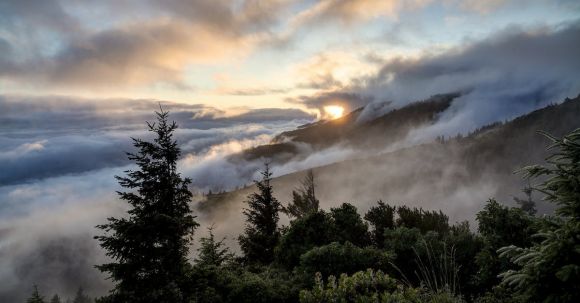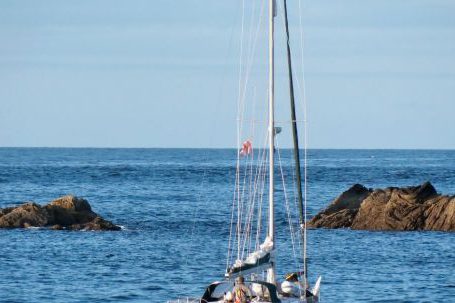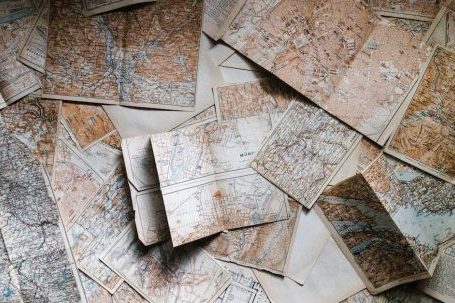The world we live in is a diverse and beautiful place, filled with an incredible array of wildlife. From the majestic elephants roaming the African plains to the tiny hummingbirds flitting from flower to flower, every species plays a vital role in maintaining the delicate balance of our planet’s ecosystems. However, in recent years, we have witnessed a rapid decline in wildlife populations due to various factors such as habitat loss, poaching, and climate change. In order to protect and preserve these precious species, conservation efforts have become increasingly important.
Protecting Biodiversity: The Key to a Healthy Ecosystem
One of the primary reasons why conservation efforts are crucial is to safeguard biodiversity. Biodiversity refers to the variety of life forms, including plants, animals, and microorganisms, that exist in a particular habitat or ecosystem. This diversity is essential for the functioning of ecosystems, as each species has a unique role to play. For example, bees are responsible for pollinating plants, while predators help control the population of prey species. When a species becomes extinct, it disrupts the delicate web of life, leading to imbalances and potentially cascading effects throughout the ecosystem.
Preserving Endangered Species: Preventing Extinction
Conservation efforts are particularly important for endangered species, those that are at risk of becoming extinct. These species are often threatened by human activities such as habitat destruction and illegal wildlife trade. By implementing conservation measures, such as protecting their habitats and enforcing strict regulations against poaching, we can give these species a fighting chance for survival. Preserving endangered species not only ensures their survival but also contributes to the overall health and resilience of ecosystems.
Maintaining Ecosystem Services: Benefits for Humans
Conservation efforts not only benefit wildlife but also have tangible benefits for humans. Ecosystem services, provided by nature, are the many ways in which ecosystems benefit human well-being. These services include the provision of clean air and water, soil fertility, and climate regulation. By preserving ecosystems and their biodiversity, we can ensure the continued provision of these essential services. For example, forests act as natural carbon sinks, helping to mitigate climate change, while wetlands filter and purify water, ensuring its availability for human consumption.
Promoting Ecotourism: Economic Opportunities
Conservation efforts also create economic opportunities through ecotourism. Ecotourism involves visiting natural areas with the primary goal of experiencing and appreciating the environment, its wildlife, and its cultural heritage. This form of tourism not only generates revenue for local communities but also incentivizes the preservation of natural habitats and wildlife. By protecting and conserving wildlife, we can create sustainable livelihoods for communities while ensuring the long-term preservation of these valuable resources.
Conclusion: A Collective Responsibility
Preserving wildlife and conserving our natural resources is not the responsibility of a single individual or group but rather a collective effort. Governments, non-profit organizations, and individuals all have a role to play in supporting and implementing conservation measures. Through education and awareness, we can inspire people to take action and make sustainable choices in their daily lives. By working together, we can ensure the continued existence of our planet’s incredible diversity of wildlife and protect the natural beauty that surrounds us. It is only through these concerted efforts that we can secure a sustainable future for both wildlife and humanity.



